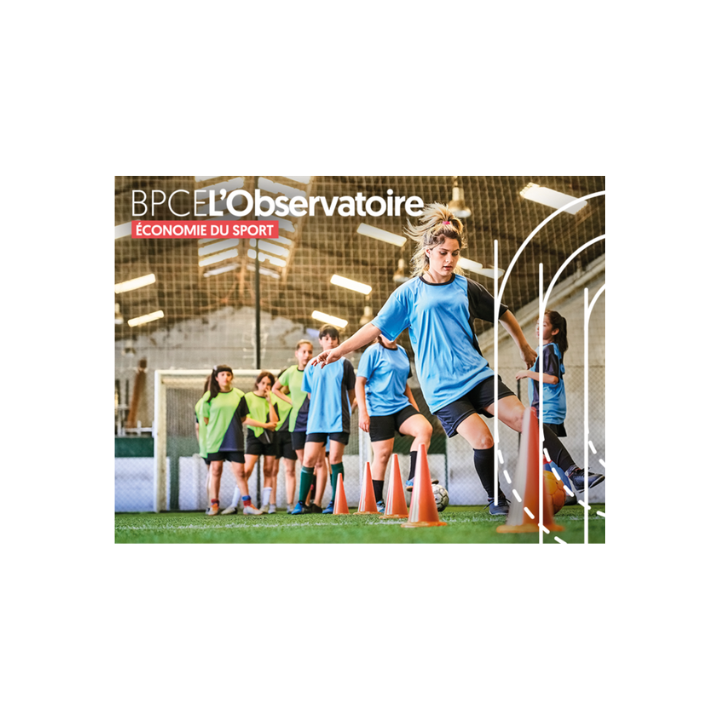
The health crisis: a shock for associative sport
Friday, 28 april 2023
The health crisis, by the constraints it imposed in terms of mobility and social interactions in 2020 and 2021, constituted a break for the sport practice of the French.
Whatever the place of physical activity in their lives, they had to reduce the frequency and intensity of their practices, but also to reorganize them so as not to break completely with their habits. During this period, the need to maintain or resume regular physical activity played an important role.
For example, the rise of mobile apps and online courses (both individual and group) have boosted physical activity at home and helped their users maintain good physical fitness. Thus, and despite the end of lockdowns, the development and sustainability of telework should make it possible to anchor home sports in social practices in a sustainable way. On the other hand, the lack of time and motivation have often led these urban young people not to renew their membership in a sports association or their subscription to a gym, despite their obvious desire to preserve their sport.
Another dimension of the influence of the health crisis is the trace it has left in people’s minds. Sports associations rely on social interactions, and values such as transmission and sharing have been altered by the implementation of barrier gestures, or even the total prohibition of the practice of certain sports. So they paid a heavy price to the crisis. Over the period 2019-2021, sports associations lost 3.3 million licensees (-20%), and nearly 4 million taking into account the one-off practice.
Another consequence: the trend towards the diversification of sports and its feminization stopped in 2020 and 2021. If we note, between 2012 and 2019, a favorable evolution of female licenses (+12%) and uninterrupted over the whole period, this trend seems to have been questioned by the crisis. Thus, the number of women licensed within a sports federation has decreased by 22% since 2019, while the decline in associative practice is less intense for men (-19% over the same period). Thus, 1.4 million women’s licenses have not been renewed since 2019. Is a rebound possible?
Would you like to know more? These and many other analyses can be found in BPCE The Observatory-Economics of Sport